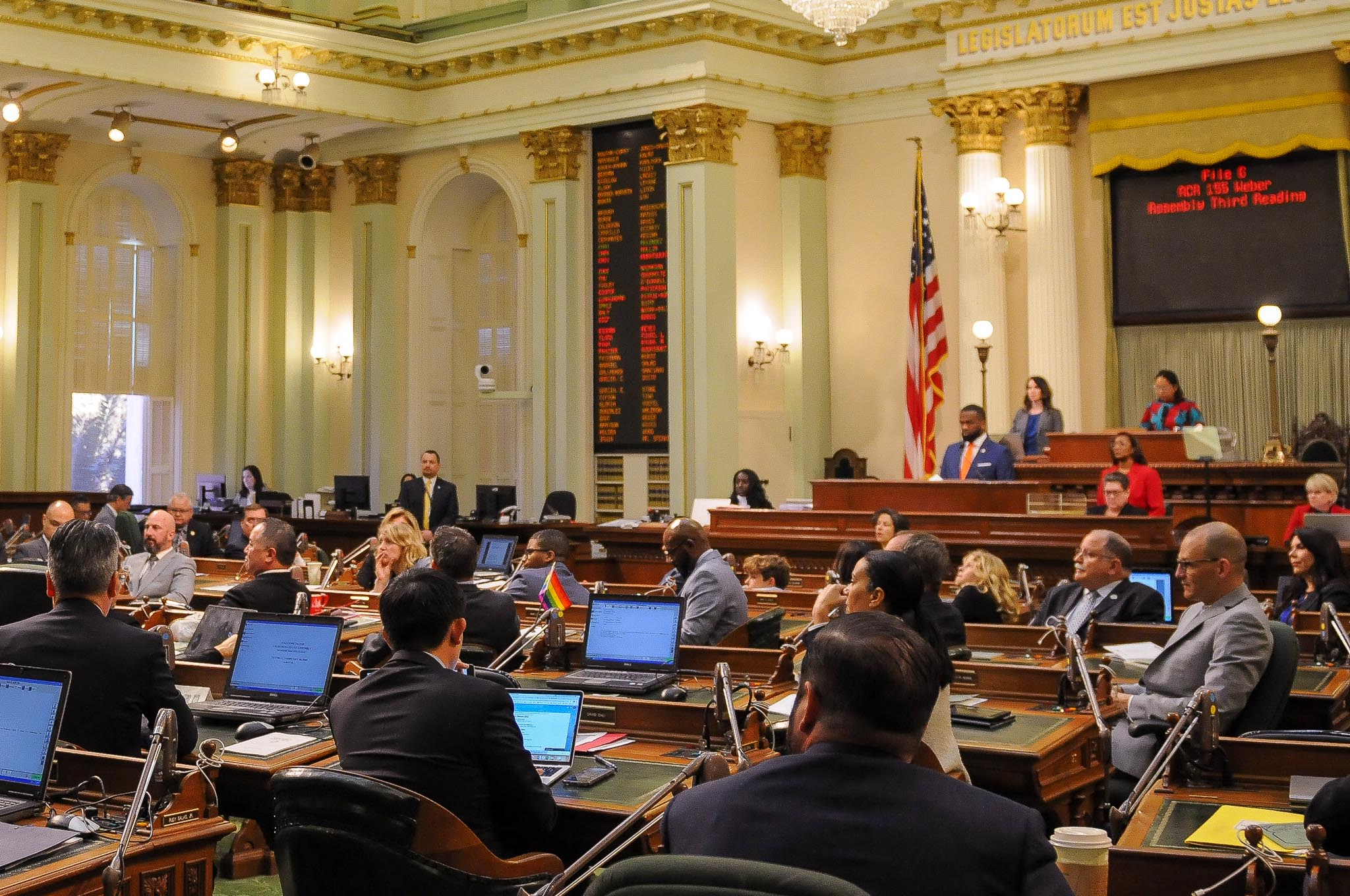
California State Capitol. (Photo: Kevin Sanders for California Globe)
Title and Creditors under the Commercial Code
Revesting occurs by operation of law and is not a ‘sale’
By Chris Micheli, May 8, 2025 5:30 am
Division 2, Chapter 4 of the California Commercial Code deals with title, creditors, and good faith purchasers.
Section 2401 provides each provision of this division with regard to the rights, obligations and remedies of the seller, the buyer, purchasers or other third parties applies irrespective of title to the goods. Otherwise, title to goods cannot pass under a contract for sale prior to their identification to the contract and, unless otherwise explicitly agreed, the buyer acquires by their identification a special property as limited by this code.
In addition, title passes to the buyer at the time and place at which the seller completes his performance with reference to the physical delivery of the goods, despite any reservation of a security interest and even though a document of title is to be delivered at a different time or place; and in particular and despite any reservation of a security interest by the bill of lading with two specified conditions being met.
There are also provisions for where delivery is to be made without moving the goods, and that a rejection or other refusal by the buyer to receive or retain the goods, whether or not justified, or a justified revocation of acceptance revests title to the goods in the seller. Revesting occurs by operation of law and is not a “sale.”
Section 2402 states that the rights of unsecured creditors of the seller with respect to goods which have been identified to a contract for sale are subject to the buyer’s rights to recover the goods. A creditor of the seller may treat a sale or an identification of goods to a contract for sale as void if as against him or her a retention of possession by the seller is fraudulent or void under any rule of law of the state where the goods are situated, except that retention of possession in good faith and current course of trade by a merchant-seller for a commercially reasonable time after a sale or identification is not fraudulent or void.
Section 2403 states that a purchaser of goods acquires all title which his transferor had or had power to transfer, except that a purchaser of a limited interest acquires rights only to the extent of the interest purchased. A person with voidable title has power to transfer a good title to a good faith purchaser for value. When goods have been delivered under a transaction of purchase the purchaser has the power even though four specified conditions may have occurred.
Any entrusting of possession of goods to a merchant who deals in goods of that kind gives him power to transfer all rights of the entruster to a buyer in the ordinary course of business. The term “entrusting” is defined.
- Small Craft Harbors and Waterways in California - July 25, 2025
- Disability of Parties in Civil Actions - July 24, 2025
- Presumption Concerning Property Held Jointly in California - July 23, 2025







